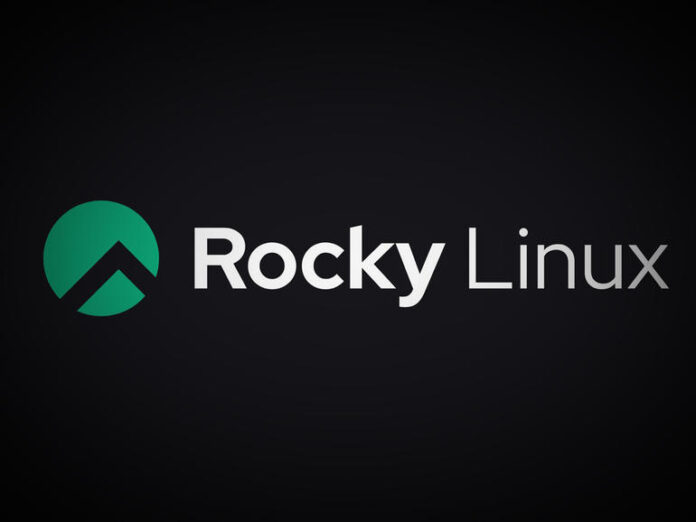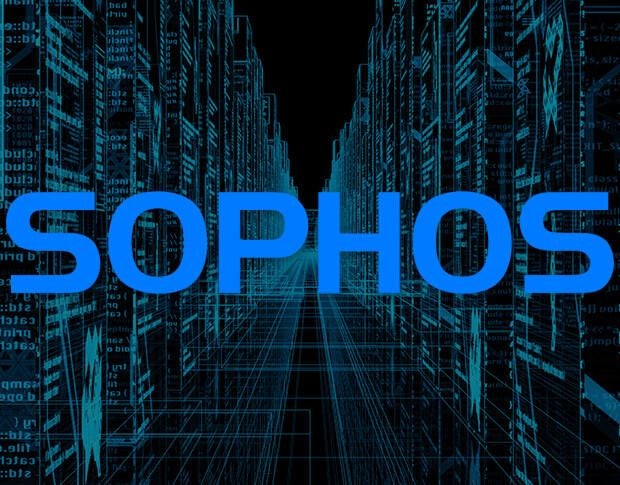When Red Hat, CentOS‘s Linux parent company, announced it was “shifting focus from CentOS Linux, the rebuild of Red Hat Enterprise Linux (RHEL), to CentOS Stream, which tracks just ahead of a current RHEL release.” Many CentOS screamed in protest on social media. CentOS co-founder, Gregory Kurtzer, heard them and announced he’d create his own RHEL clone and CentOS replacement: Rocky Linux
Kurtzer, whose day job is now CEO and founder at Control Command, a high-performance computing startup, said:
“I was just as shocked as the rest of the community with the news from Red Hat. When I started CentOS 16 years ago, I never imagined the incredible reach and impact it would have around the world on individuals and companies who rely on CentOS for Linux distribution.”
Who are these companies? They’re names you know. Major companies that don’t just use CentOS but depend on it include Disney, GoDaddy, RackSpace, Toyota, and Verizon. Other important technology companies build products around CentOS. These include GE, Riverbed, F5, Juniper, and Fortinet.
This isn’t just a few disgruntled users venting on Hacker News, Twitter, and Reddit. These are multi-billion-dollar companies. I’m told by executives at several of these enterprises they are not happy at all and are looking for alternatives. While some of them are considering switching to RHEL, many more are looking at other Linux distributions. Canonical‘s Ubuntu was the one most often mentioned.
Some of them may now look to Rocky Linux.
Kurtzer added:
“In response to this unexpected shift, I am proud to announce the launch of a new project, Rocky Linux, in honor of my late CentOS co-founder Rocky McGough. I’ve started calling on participation from the global community and quickly assembling a team to further our founding commitment of ensuring seamless continuity of business operations for companies running CentOS 8 far beyond 2021. In just one day, we’ve seen an overwhelming response from thousands of supporters eager to join the project.”
How overwhelming? According to Kurtzer, there are already over 650 would-be contributors. Not bad for a project that is less than 48 hours old.
Kurtzer said on LinkedIn that this would be a CentOS fork. Don’t worry, though. It’s not so much the code being forked, but, as Kurtzer put it, “Yes sir! Putting the “C” for community back in CentOS. ;-)”
Red Hat can’t be surprised at this reaction. While almost no CentOS users contributed to the project with either code or money, Red Hat executives have known for years that many would-be RHEL customers turned to CentOS instead. At an educated guess, there are probably at least 15 times as many CentOS users as RHEL users.
That’s because while CentOS has no support plan, it’s users tend to be companies with experienced Linux administrators and developers. In short, the kind of customers who didn’t need — or felt they didn’t need anyway — RHEL support.
There is, of course, a new Red Hat-backed CentOS, CentOS Stream. But, as a rolling release Linux distribution, it doesn’t have the stability of the old CentOS fixed-point release. In a rolling release, changes are constantly being made in a DevOps, Continuous Integration/Continous Delivery (CI/CD) model. That’s ideal, Red Hat points out, for a modern, cloud-based system.
But CentOS customers tend to be comfortable with the traditional fixed-point release model used by Linux server distributions such as RHEL, Ubuntu, and SUSE‘s SUSE Linux Enterprise Server (SLES). In fixed releases, major distributions are released on a schedule, with security patches and minor updates made only as needed.
The fixed-point model still, as those protests and companies show, a very popular market. Most CentOS users won’t have to make a decision immediately. Red Hat’s CentOS 7 support lasts through the remainder of the RHEL 7 life cycle. That means CentOS 7 users will get support through June 30, 2024.
Red Hat may also offer extended life cycle support for RHEL and CentOS 7. CentOS 8 early adopters are another story. Red Hat will only continue to update it until the end of 2021. CentOS 8 users had expected support until 2029. They could move to CentOS Stream, but from the heat of the reaction I’m seeing, many of them don’t want to do this.
Many CentOS users feel betrayed and are looking for a way out. For some, perhaps most, that may be Rocky Linux.





